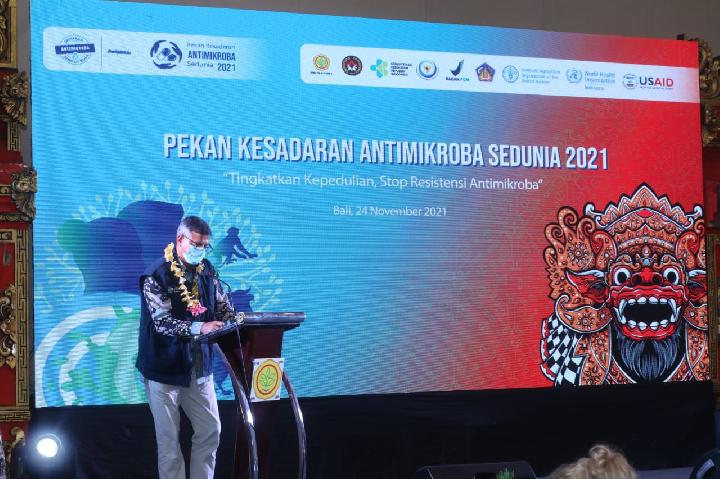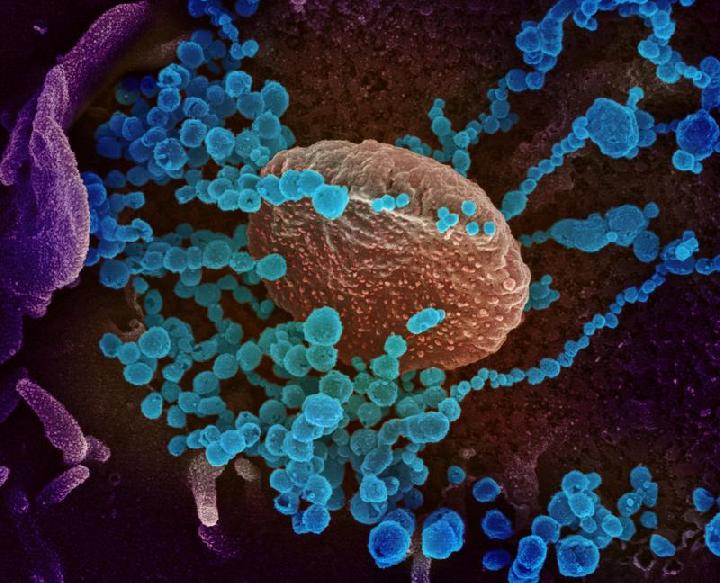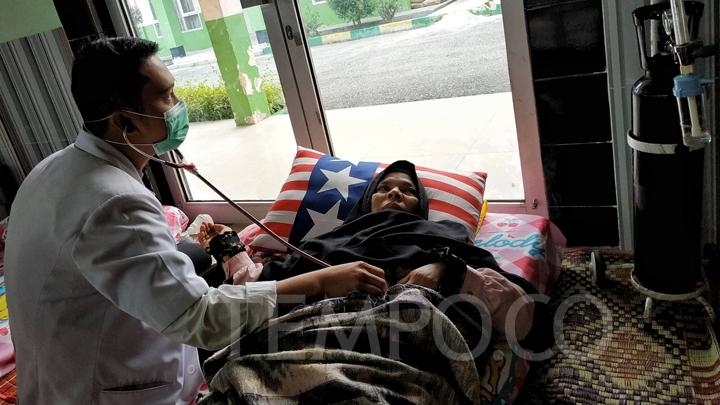Indonesia-FAO Urge Prudent Use of Antimicrobials to Prevent 'Silent Pandemic'
Translator
Editor
24 November 2021 20:29 WIB

TEMPO.CO, Jakarta - The World Antibiotic Awareness Week campaign, which has been conducted since November 18 all over the world—including Indonesia, reached its peak today in Nusa Dua, Bali. It highlighted facts about antimicrobial resistance (AMR), one of the biggest health threats globally, with some 700,000 deaths recorded each year related to AMR.
The global health issue called antimicrobial resistance (AMR) refers to a "silent pandemic" that affects animal and human health, and also the global economy.
Without action, by 2050, the world's economy may lose more than US$6 trillion annually because of AMR–nearly 4 percent of Gross Domestic Product (GDP). In just ten years, AMR may force some 24 million people into extreme poverty, many in low-income countries. This could pose another challenge for the world to achieve the SDGs, in particular SDG 2.
AMR could make it harder—sometimes impossible—to treat infections such as pneumonia, tuberculosis, blood poisoning and gonorrhea, as antibiotics become less effective.
For agriculture, AMR causes production losses, damages livelihoods and jeopardizes food security. Moreover, it can spread among different hosts and the environment, and antimicrobial resistant microorganisms can contaminate the food chain.
"For the agricultural, livestock and animal health sectors, AMR poses a serious threat to the sustainability of food security and the sustainable development of animal health. The agricultural sector will find it difficult to withstand a threat of this magnitude," said Syahrul Yasin Limpo, Minister of Agriculture.
Minister Syahrul said that Indonesia is committed to work with various stakeholders to increase the capacity of the agricultural sector to manage AMR and build resilience to the impacts of AMR.
"The use of antimicrobials in agriculture contributes to the spread of AMR and undermines the effectiveness of veterinary medicines. Making sure these treatments remain effective and available to the agriculture sector is critical“, Rajendra Aryal, FAO Representative in Indonesia and Timor Leste said.
AMR is a problem that crosses sectoral boundaries. To adequately address AMR, the global health system practices the "One Health" approach to promote best practices in reducing the emergence and spread of antibiotic-resistant microbes in both humans and animals, plants, and their shared environments.
Indonesia has developed a National Action Plan (NAP) on AMR, which is implemented by multi-sectoral stakeholders including the Health Ministry, the Agriculture Ministry, the Marine Affairs and Fisheries Ministry, the Environment and Forestry Ministry, the Defense Ministry, the National Agency of Drugs and Food Control (BPOM), and other relevant government agencies.
These also include WHO, the FAO, National Antimicrobial Resistance Control Committee (KPRA), association and professional organizations, healthcare facilities (human, animal, and fishery), universities, private sectors, non-government organizations, general public, and civil society.
FAO has been working with the Agriculture Ministry's Livestock and Animal Services Directorate General to provide required technical support to achieve the AMR NAP targets in livestock and food production systems. It is one of the priority partnership areas under the Global Health Security Agenda, launched in 2014 by 44 countries and international organizations, which received support from international partners, mainly the United States Agency for International Development (USAID).
The Embassy of the United States to Indonesia Health Attaché Pamela Foster noted that health security is one of the most important parts of the United States partnership with Indonesia over 70 years. "For over 15 years, the United States Government, through the United States Agency for International Development (USAID) has partnered with the Government of Indonesia to strengthen the country's capacity to prevent and control infectious diseases and recently to tackle the emergence and spread of AMR. The Government of Indonesia’s commitment and leadership to spread awareness and stop resistance using a One Health approach are critical to saving lives and achieving health security in the region," she said.
It is, therefore, important for everyone to think twice and seek advice before buying and using antimicrobials to plant, animal and human. Taking action against AMR will lead to more sustainable and resilient agri-food systems.*)
FAO | RR























